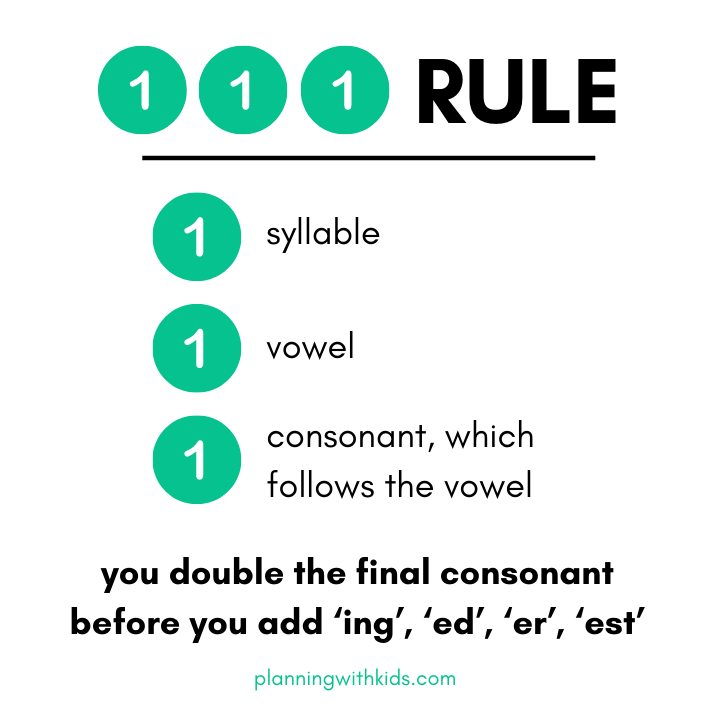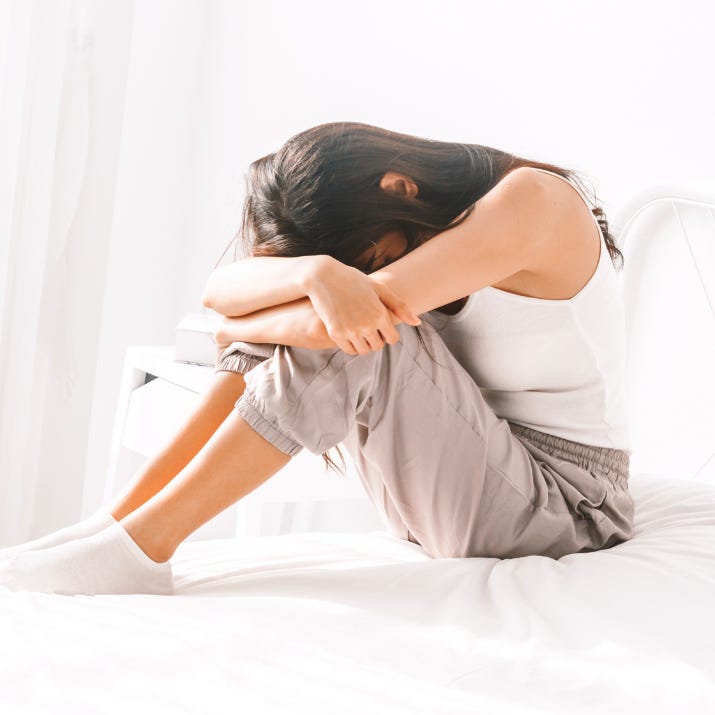Spelling rules and other resources to help the kids
How are you this evening? I have had an excellent day and hope you have too. On the blog today I published a new resource that I created recently when I was helping one of the kids with spelling. You can find it here - Spelling rules: doubling consonants. In the post, I share a free downloadable spelling practice worksheet you can use with your kids and a curated list of resources that we found helpful in working through the doubling consonant rules.
When helping the kids with their homework I aim to provide them with structures, plans, and guides etc that help them with areas that they are working on. This goal is to provide assistance only and keep directing them on the path of independent learning. This often means working with them the first few times and then pulling back.
For example, with the spelling practice sheet, I created for the doubling consonants rules, the first few times we corrected the spelling together. Then I had the child use a dictionary to correct the spelling themselves. The child was not that keen on using the dictionary to correct the words himself but acknowledged afterward that this exercise was actually helpful in making the correct spelling stick.
Over the years I have created other resources to help the kids with their literacy that you might like to check out:
What is hangxiety?
While most of us are familiar with and know what hangovers are, not everyone is aware of another alcohol related phenomenon - hangxiety.
Even if you are not aware of this term, if you drink alcohol there is a big chance that you will have experienced hangxiety. Hangxiety, also known as hangover anxiety, is a type of anxiety that occurs after consuming a lot of alcohol.
The key reason you can experience anxiety after drinking a lot of alcohol is that it changes the chemical levels in your brain:
alcohol disrupts your neurotransmitters like dopamine, serotonin, and endorphins, it can give you euphoria. But when these chemicals recede, it can also give you anxiety and depression. Alcohol also stimulates the gamma-aminobutyric acid (GABA) neurotransmitter that slows down your brain—a neurotransmitter that many anxiety medications are made to increase.
With a lot of alcohol, your brain starts to block the glutamate neurotransmitter that’s been linked to anxiety, as well, which can feel good until your brain starts to rebalance its chemicals again. When it begins blocking GABA and releasing glutamate, you can go from feeling blissful to depressed. {source}
That feeling of uneasiness, of agitation and anxiousness after a big night out - that's your brain chemically readjusting to the alcohol you consumed. Thankfully it passes eventually like other hangover symptoms. If you are already feeling a little anxious or stressed at the moment reducing your alcohol intake can definitely help.
And of course, Adapt Drinks Relax is a perfect substitute for alcohol! Not only will it not give you hangxiety but it will actually help you feel relaxed and help you sleep better. Head to the Adapt Drinks website to find out more and order your carton! And make sure you sign up to the newsletter for 10% off your first order and for more info like this in the Adapt Drinks weekly newsletter.
Nic






